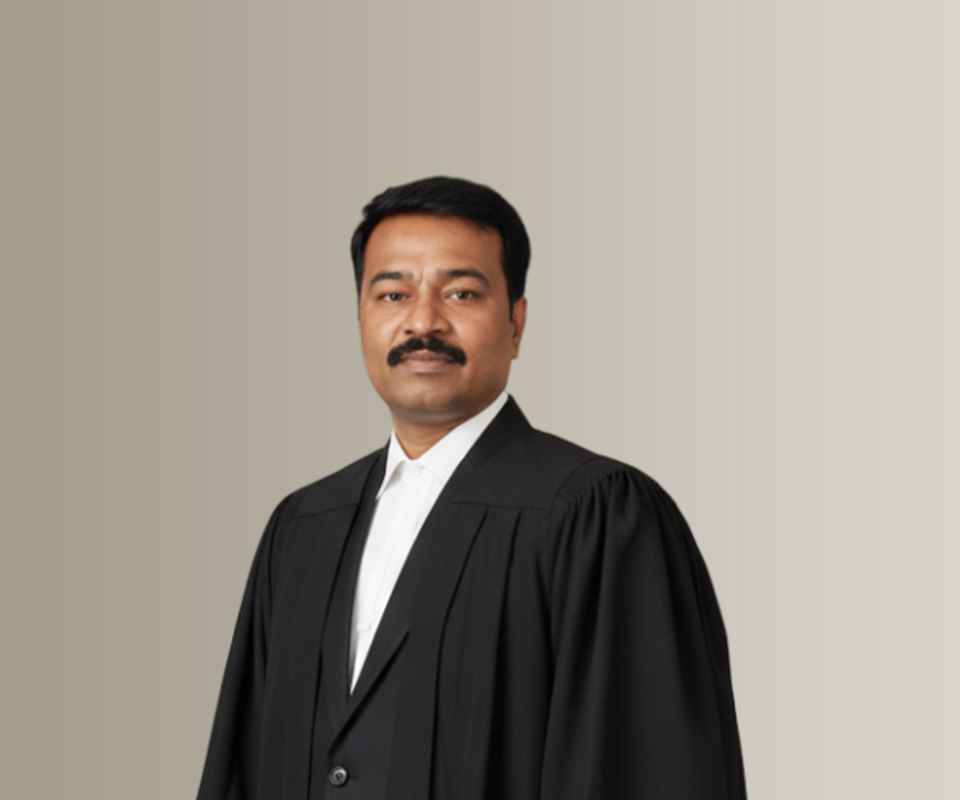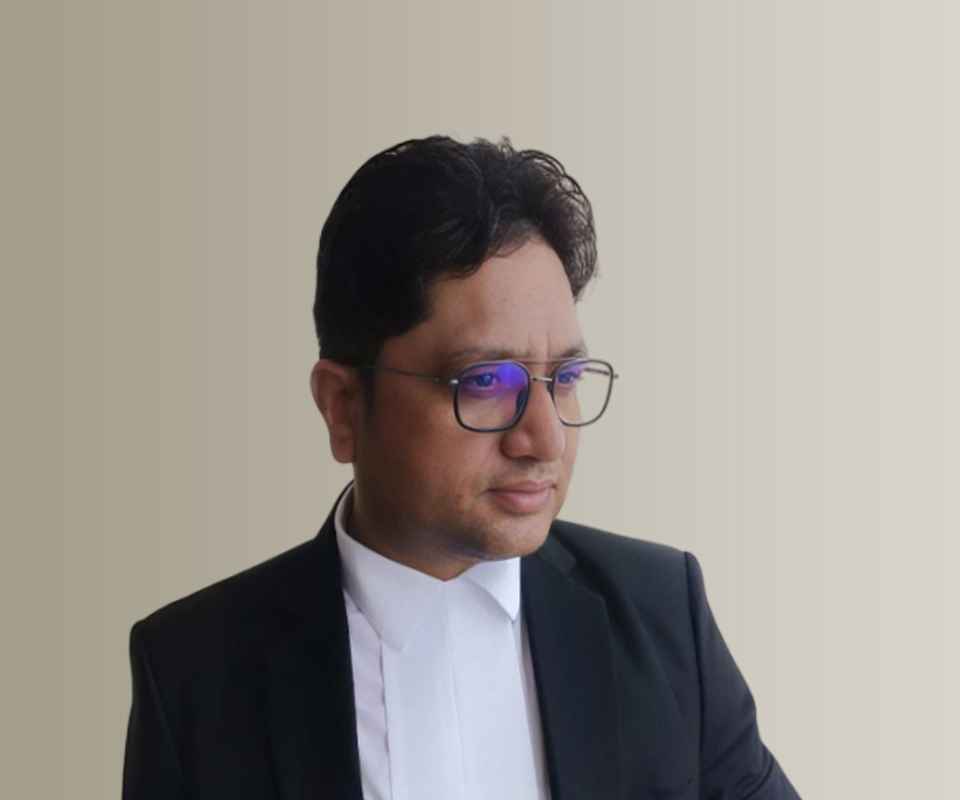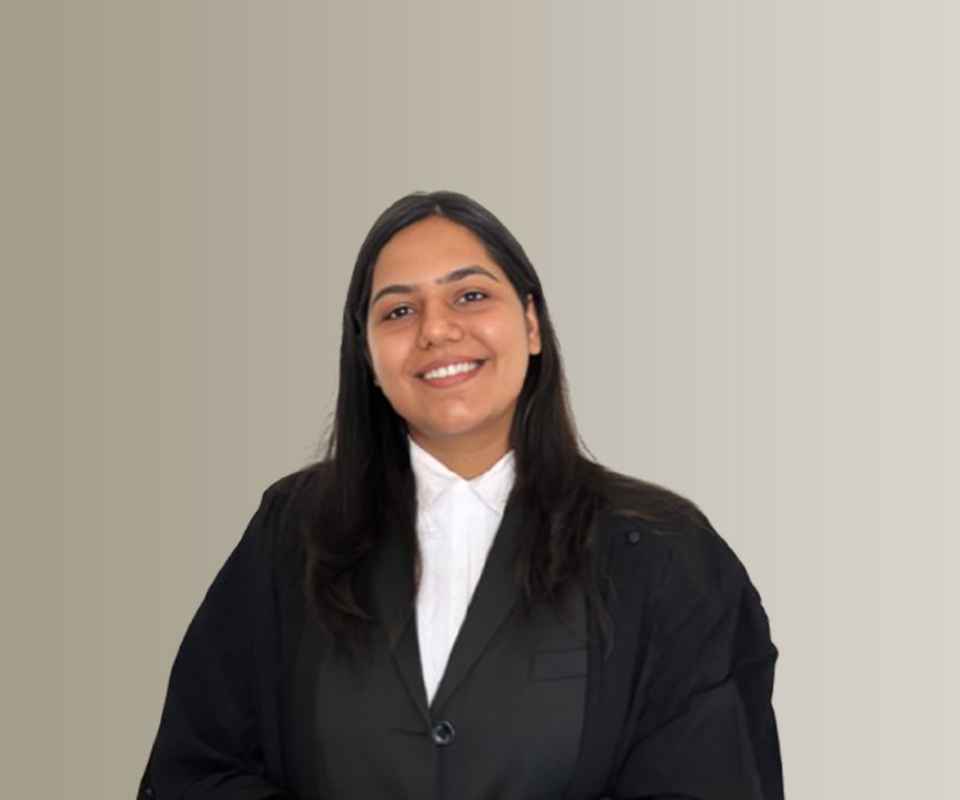Answer By law4u team
Trademark and Copyright Procedure in India 1. Trademark Registration Procedure A trademark is a sign, logo, name, or symbol that distinguishes the goods or services of one entity from those of others. In India, trademarks are registered under the Trademarks Act, 1999. Step 1: Trademark Search Objective: Conduct a trademark search to ensure that the proposed trademark is not already in use. Process: Use the online trademark database available on the official website of the Controller General of Patents, Designs & Trademarks to search for existing trademarks. Step 2: Filing the Application Filing: The application can be filed online or in person at the Trademark Registry. Information Required: Name and address of the applicant. Trademark to be registered (word, logo, symbol, etc.). Goods or services for which the trademark will be used (classification). Power of Attorney, if filed through a trademark agent. Fee: The fee varies depending on the type of applicant (individual, startup, small enterprise, or others). Step 3: Examination of Application Examination: The Registrar examines the application to check if it complies with the law and does not conflict with existing trademarks. Examination Report: The Registrar issues an examination report, either accepting or raising objections. Response to Objections: If objections are raised, the applicant must respond within a specified time. Step 4: Publication in Trademark Journal Publication: If the application is accepted, it is published in the Trademark Journal. Opposition Period: There is a 4-month period during which third parties can oppose the trademark registration. No Opposition: If no opposition is filed, the trademark proceeds to registration. Step 5: Registration and Certificate Registration: If there is no opposition, or if opposition is decided in favor of the applicant, the trademark is registered. Certificate Issued: A registration certificate is issued, granting the owner exclusive rights to the trademark for 10 years, renewable indefinitely. Step 6: Renewal Renewal: The trademark must be renewed every 10 years. Failure to renew can result in the trademark being removed from the register. 2. Copyright Registration Procedure Copyright provides protection to original literary, artistic, dramatic, musical works, cinematographic films, and sound recordings under the Copyright Act, 1957. Step 1: Filing the Application Filing: The application can be filed online on the Copyright Office's website or in person. Information Required: Name, address, and nationality of the applicant. Description of the work. Type of work (literary, artistic, musical, etc.). Language of the work. Statement of whether the work is published or unpublished. Three copies of the work (if unpublished) or one copy of the published work. Fee: The fee varies depending on the type of work and the applicant. Step 2: Examination of Application Diary Number: Upon filing, the applicant receives a diary number, which is a unique identification number for the application. Examination: The Registrar of Copyrights examines the application for any discrepancies or objections. Objections or Discrepancies: If any, a letter of discrepancy is issued to the applicant, who must respond within 30 days. Step 3: Publication in Copyright Journal Publication: If no objections are raised, or if objections are resolved, the details of the copyright are published in the Copyright Journal. Objection Period: Third parties have 30 days from the date of publication to file an objection. Step 4: Registration and Certificate Registration: If there are no objections, or if objections are resolved, the work is registered. Certificate Issued: The Registrar issues a certificate of registration, along with an extract of the work entered in the Register of Copyrights. Step 5: Renewal (Optional) Validity: Copyright protection lasts for the lifetime of the author plus 60 years after their death. No renewal is required during this period. Key Differences Between Trademark and Copyright Trademark: Protects brand names, logos, and symbols related to goods and services. Copyright: Protects original literary, artistic, musical works, etc. Each process involves specific legal steps, and it's advisable to consult a legal expert or IP attorney to navigate the procedures effectively.









